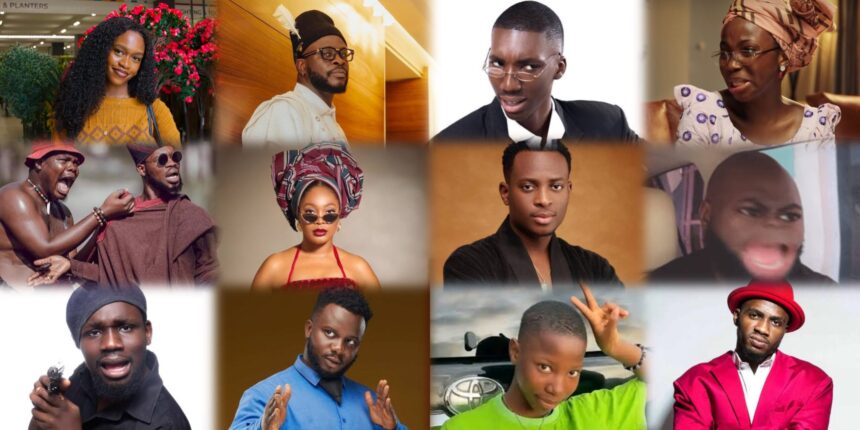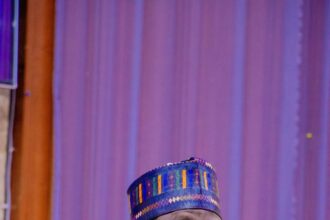For decades, Nollywood filmmakers have relied on traditional advertising to sell films. Posters, cinema trailers, radio jingles, and celebrity appearances drove audiences into cinemas or, in the home-video era, to bustling DVD stalls. But the digital age has rewritten the playbook. Today, in an era where attention spans are measured in seconds, Nigerian filmmakers are turning to TikTok and Instagram skits. Short, funny, bite-sized content is the new-age equivalent of movie trailers.
The crossover between Nollywood and skit culture isn’t accidental. It’s the natural meeting point of two Nigerian strengths. One, an entertainment industry skilled at storytelling on a budget, and a creator economy that has mastered virality. The result is a space where skits aren’t just jokes anymore, but are marketing, auditions, and mini-trailers rolled into one.
But how did we get here? And what does this mean for Nollywood’s identity, its stars, and its future?
From Instagram Comedy to TikTok Stardom
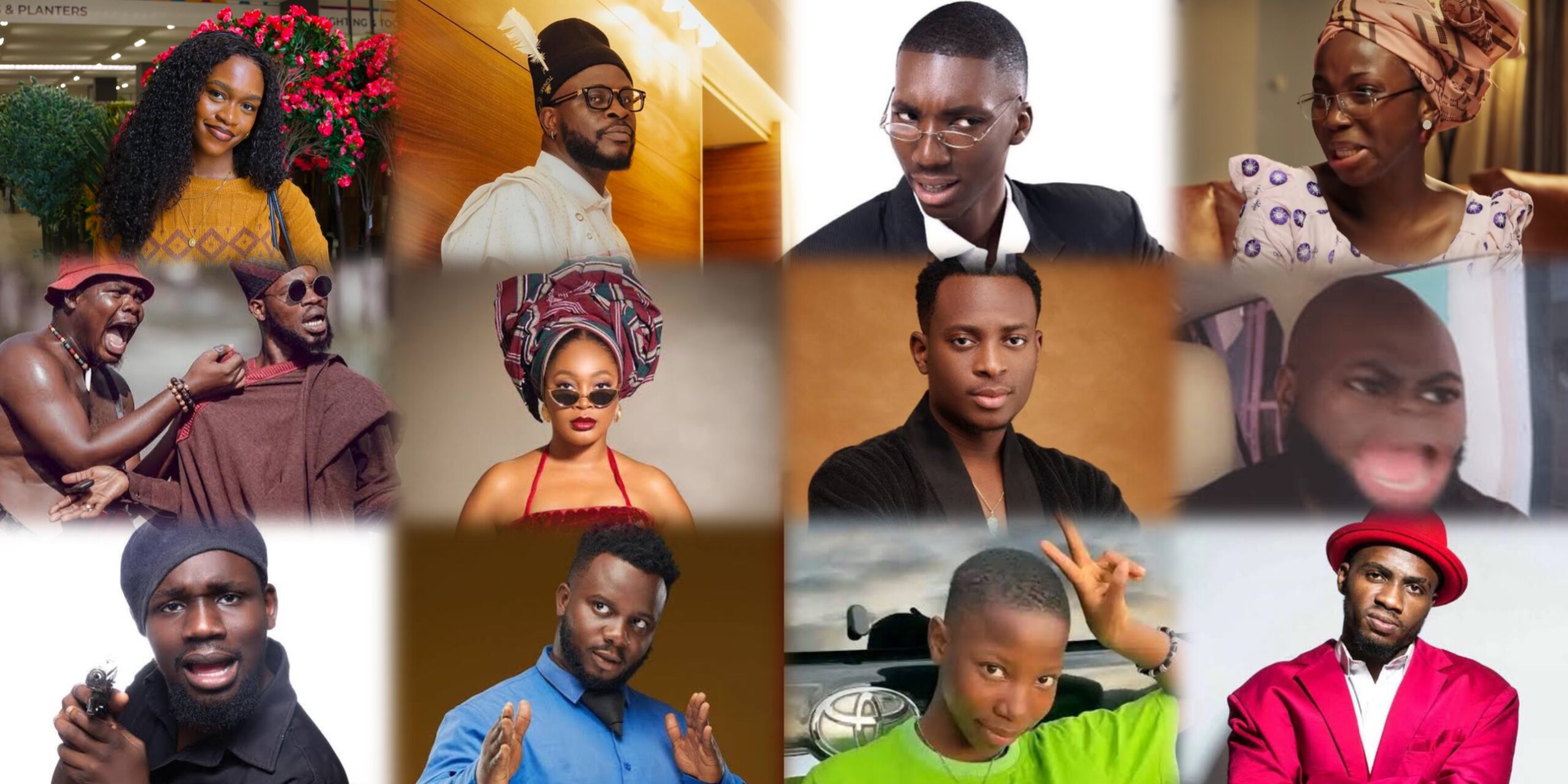
Nigerian skit culture predates TikTok. Instagram comedians like Maraji, Craze Clown, and Taaooma paved the way in the 2010s, crafting short, character-driven clips that gained massive followings. Their ability to distill everyday Nigerian life into quick, humorous sketches was unmatched.
When TikTok entered the Nigerian market, it amplified this ecosystem. Its algorithm favored quick laughs, relatable characters, and repeatable formats. A 30-second clip could get millions of views overnight, giving skit makers fame far beyond Instagram’s reach. Nollywood quickly realized this was fertile ground for promotion.
The leap from comedy skits to Nollywood was a short one, as both industries trade in characters, storytelling, and audience loyalty. Soon, actors and producers began experimenting with skit-based promotion, either by doing it themselves, inviting skit makers into films or by using them to create pre-release buzz.
Why Skits Work Better Than Trailers
Traditional trailers are designed for cinemas or YouTube. They’re glossy, often two minutes long, and reveal just enough to tease the plot. But on TikTok, a two-minute trailer is too long. Audiences want the hook in the first five seconds. Skits deliver exactly that.
Four reasons skits outperform trailers in today’s Nollywood marketing:
1. Attention span advantage: A 30-second skit is easier to digest than a 2-minute trailer. It can be rewatched, stitched, and shared.
2. Built-in audiences: Popular skit makers bring millions of followers. A Broda Shaggi promo skit instantly reaches a massive audience.
3. Cost efficiency: Shooting skits is cheaper than producing a cinematic trailer. For low-to-mid-budget Nollywood films, this matters.
4. Two-way engagement: Skits invite duets, reactions, and memes, allowing fans to become co-promoters of the film.
Skitmakers vs Nollywood Actors in Skit Culture
The rise of skit culture has not only launched new stars into Nollywood, it has also reshaped how established actors promote their work. On one end, creators like Layi Wasabi, Sabinus, Broda Shaggi, Taaooma, and Mr Macaroni carved out massive followings on TikTok and Instagram before crossing into Nollywood.
On the other end, Nollywood heavyweights themselves have begun to embrace skit culture, realizing that virality is now a more powerful marketing tool than glossy posters or traditional trailers.
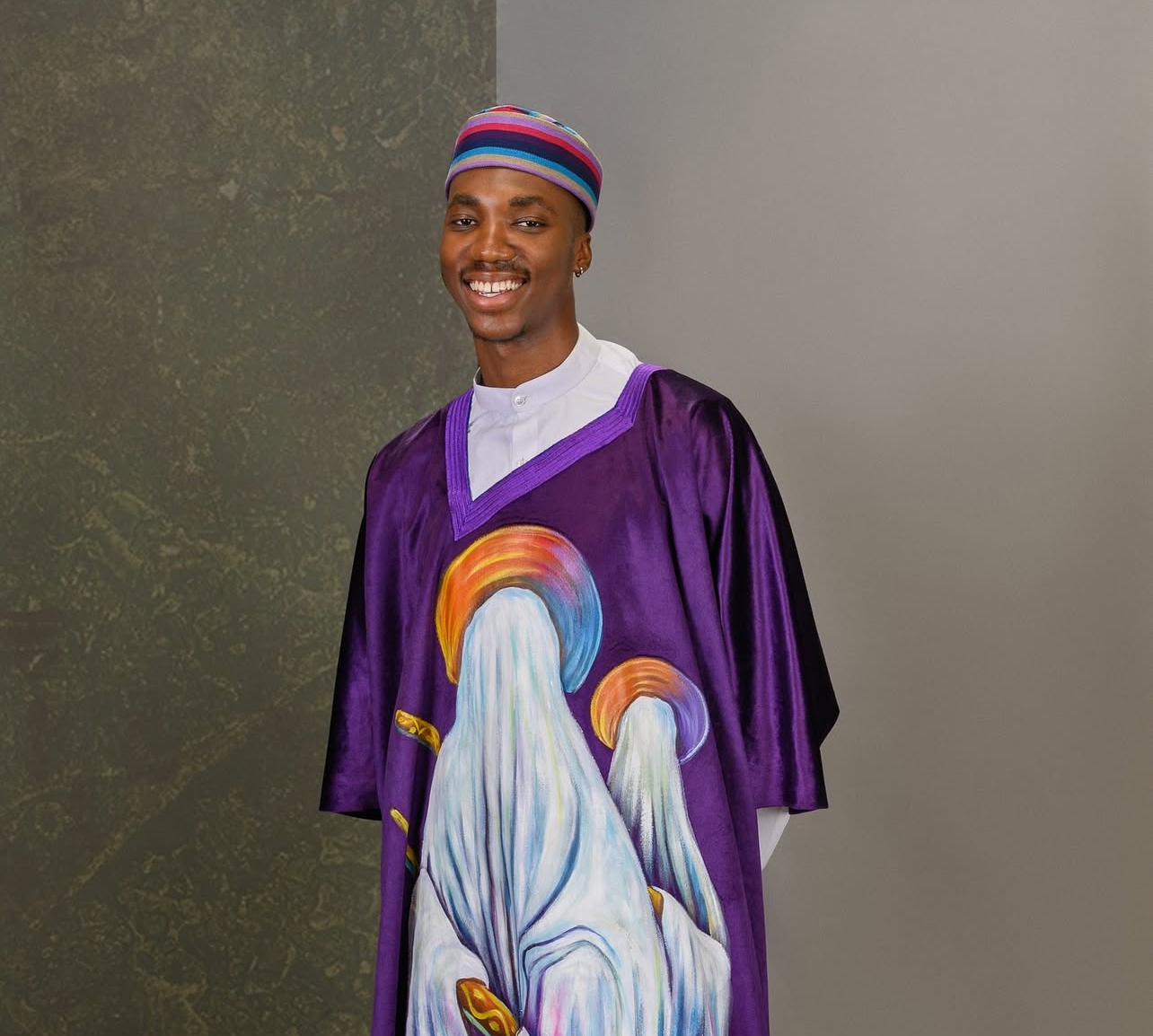
Consider Layi Wasabi, whose courtroom satires have made him a household name online. His deadpan humour and ability to craft elaborate scenarios in under a minute have not only brought him brand deals but also Nollywood roles. His presence in films automatically guarantees a built-in audience that is eager to see how his digital wit translates to the big screen.

Similarly, Sabinus, with his exaggerated facial expressions and endless misfortunes, has become a meme king whose brand is irresistible to Nollywood producers. If he posts even a 20-second skit tied to a movie, that film immediately becomes a cultural talking point.
But it isn’t just newcomers like Sabinus who dominate this crossover. Veterans of the Nollywood industry are rolling up their sleeves and entering the skit economy themselves.

Toyin Abraham, for instance, routinely records skits in full character before her movie releases. Ahead of Ijakumo, she embodied her on-screen persona in short Instagram clips, effectively giving audiences a teaser of her role without ever showing a formal trailer. By the time the film premiered, her fans already had a relationship with the character, which is a clever tactic that merged performance and marketing.
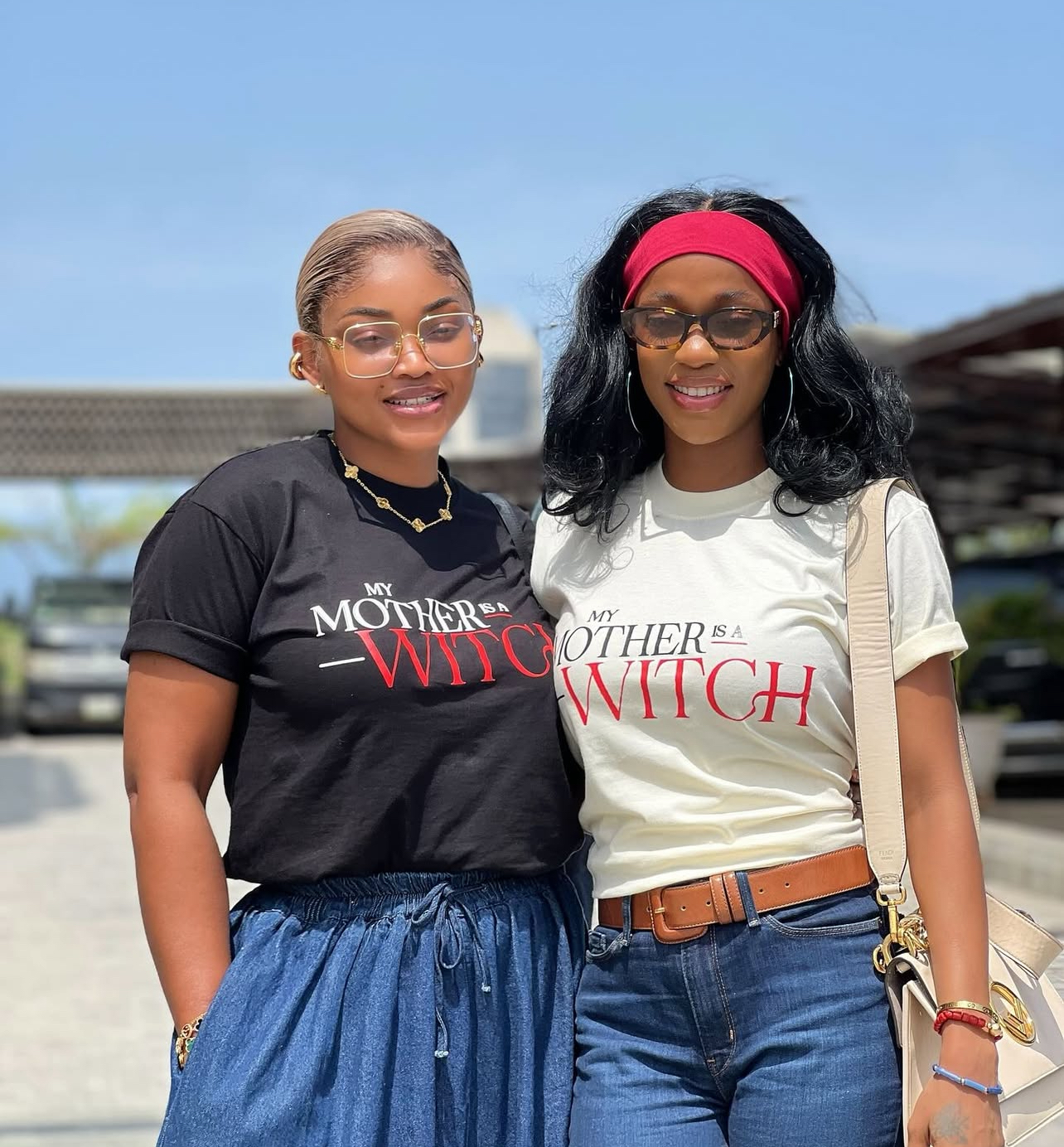
Mercy Aigbe has also tapped into this formula, producing short skits that dramatize everyday situations, often tied to themes in films like My Mother is a Witch and Ada Omo Daddy. Her use of humour and relatability ensures that her fans don’t just watch the skits; they connect them back to her movies, making the transition from phone screens to cinema halls seamless. Efe Irele, representing Nollywood’s younger generation, has taken an even more collaborative approach. By creating lighthearted reels with her co-stars, she teases chemistry and storylines in ways that feel organic, like behind-the-scenes fun rather than structured advertising.

Actors like Uzor Arukwe and Timini Egbuson also understand how to stretch their screen personas into skits. Uzor, often cast as the suave or comic gentleman, uses skits to playfully lean into that stereotype, teasing his movie roles while giving fans content they can share and laugh at.

Timini, meanwhile, thrives on TikTok-friendly charm. His short dance reels, comedic lip-syncs, and banter with co-stars often go viral because they feel unscripted. For Gen Z audiences, these moments are just as important as the movies themselves, if not more.
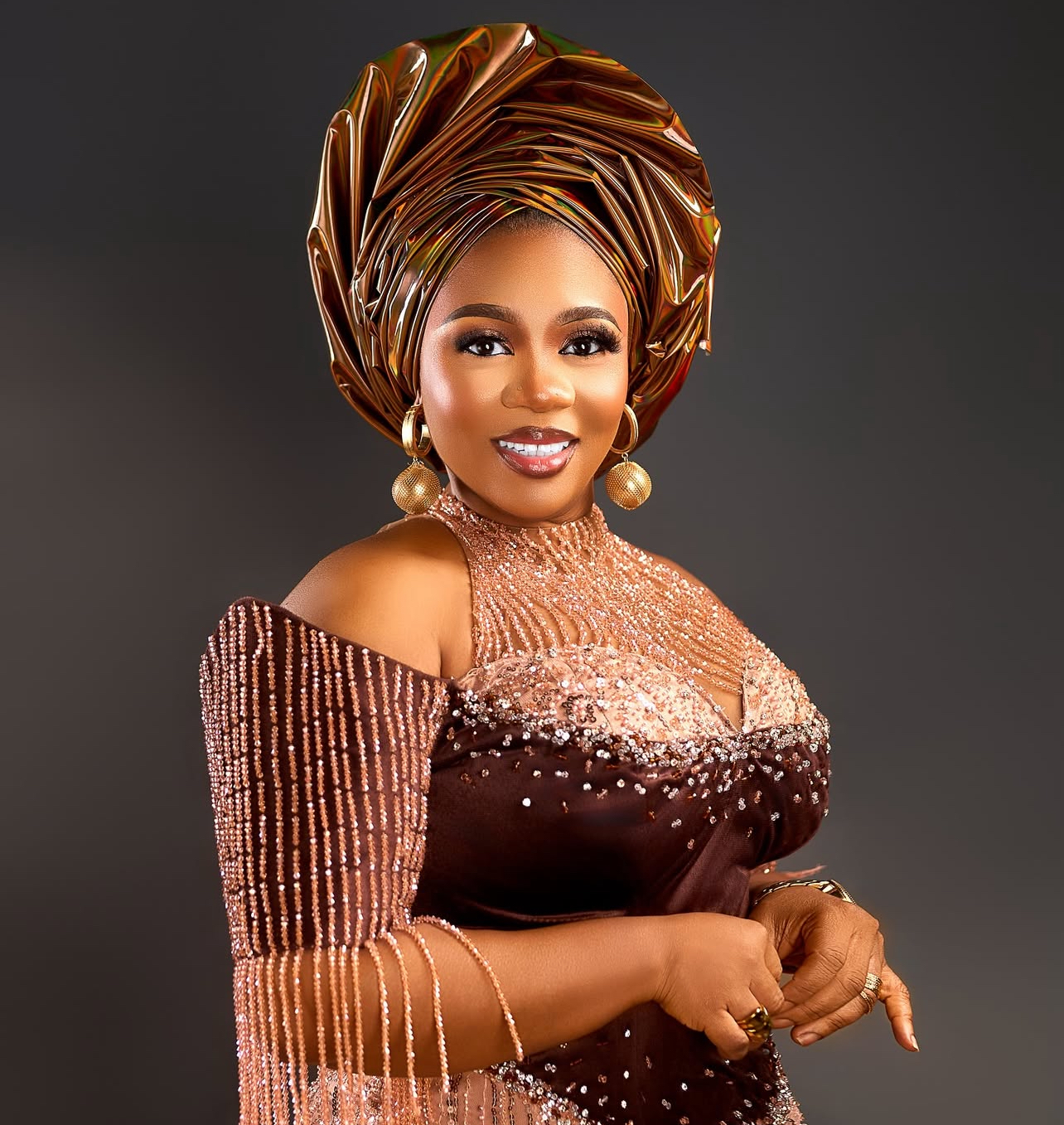
Iyabo Ojo and Wumi Toriola have proven that Yoruba Nollywood stars are no strangers to skit culture either.
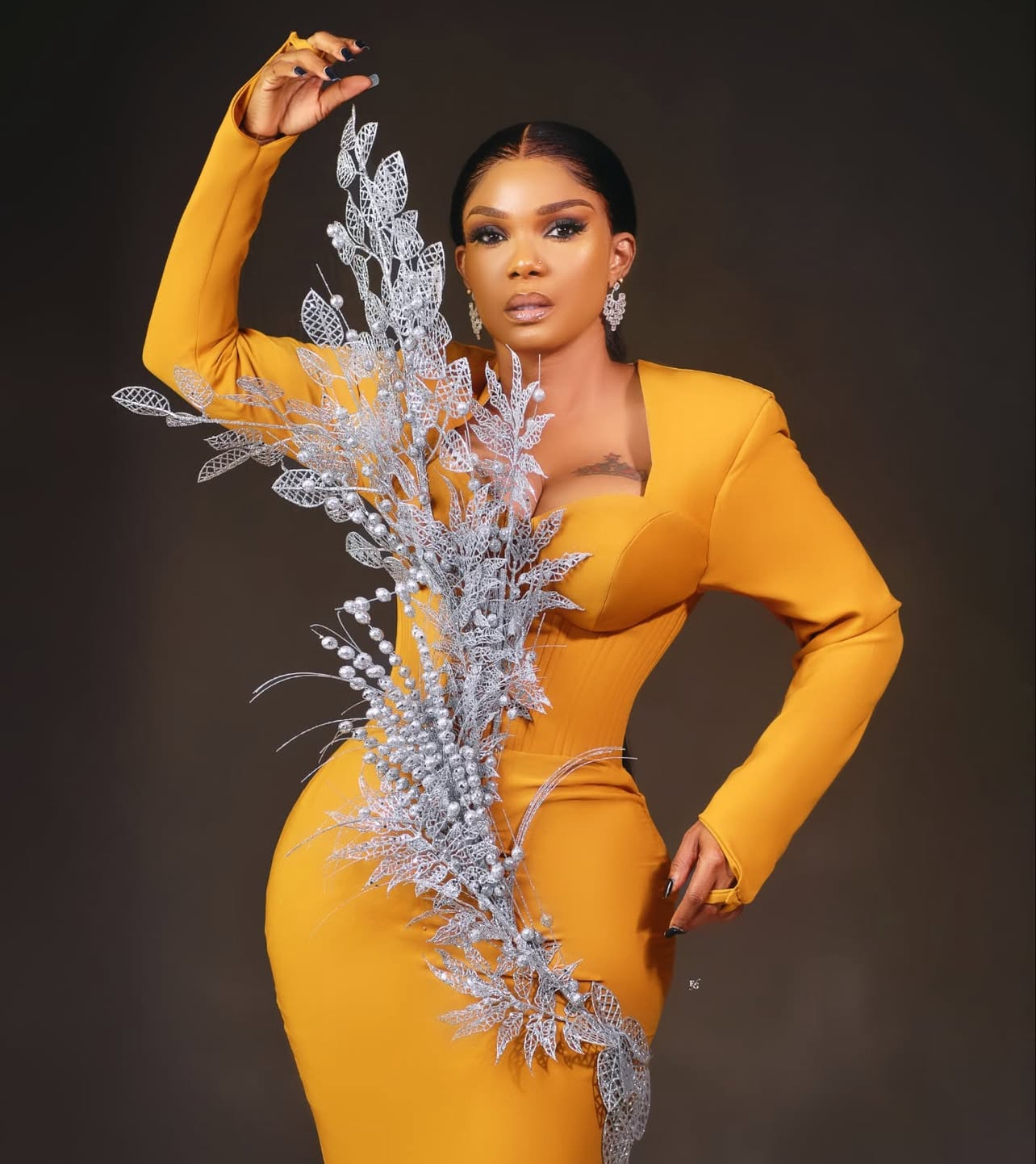
Iyabo’s strong TikTok presence has made her a natural at leveraging the platform for promotions, while Wumi records exaggerated Yoruba-language skits that resonate deeply with grassroots audiences. Both have successfully turned cultural humour into a powerful marketing tool for films.
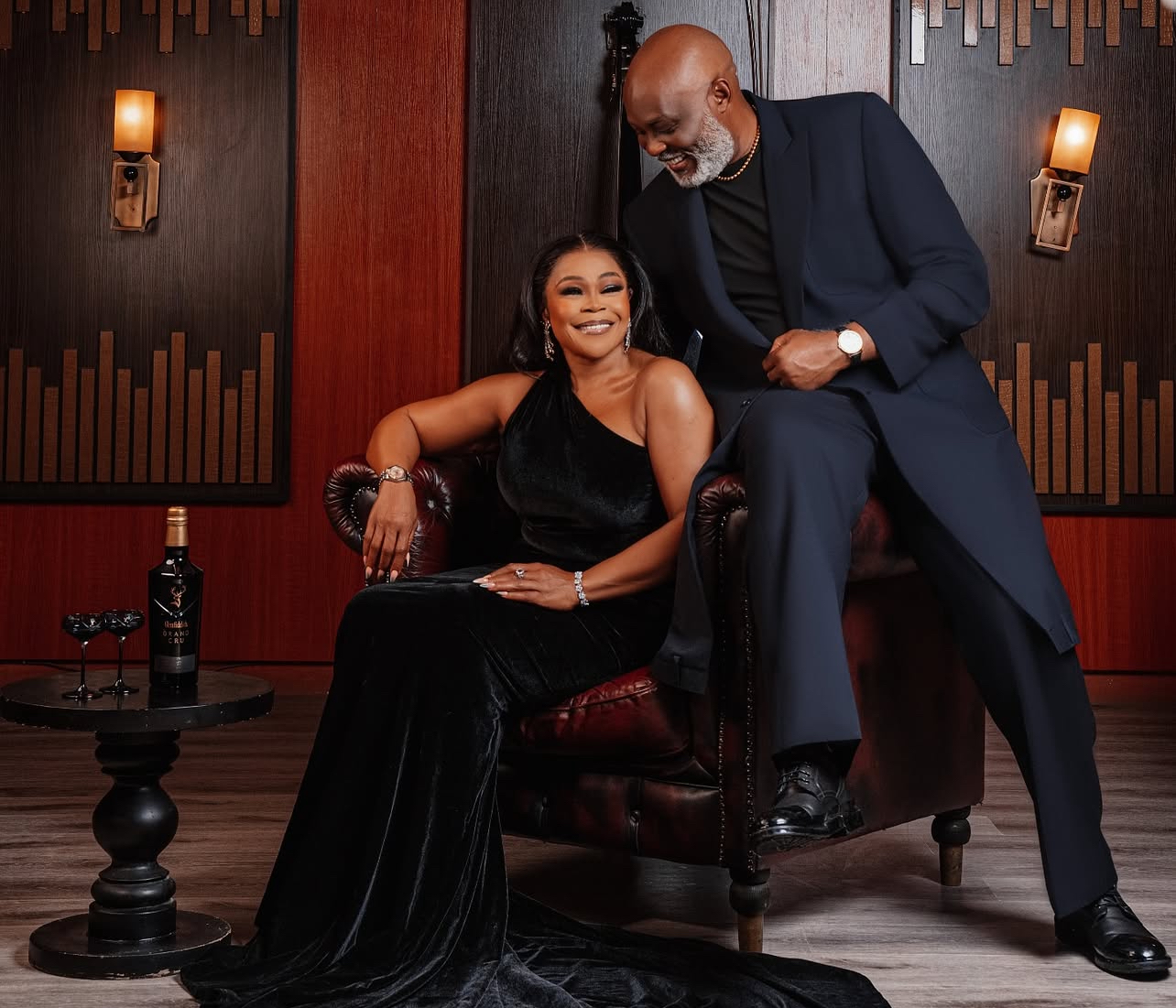
Even Nollywood veterans like RMD and Shaffy Bello have entered the arena, bringing their sophistication and elegance into the skit format. RMD’s playful father-figure reels strike a balance between nostalgia and modernity, showing that elder statesmen of the industry can adapt to new forms of content. Shaffy Bello, on the other hand, dramatizes her short monologues and playful exchanges with co-stars, transforming them into digital performances that double as soft promotion for her films.
All of this runs parallel to the way Broda Shaggi built his career, transitioning from Instagram comedy into full Nollywood productions like Fate of Alakada and Namaste Wahala. He proved early on that audiences were willing to follow their favorite skitmakers into the cinema. Taaooma did the same, using her “multiple-character” sketches to build a loyal fanbase that naturally migrated to her acting projects.
The result is that Nollywood marketing no longer runs on a single track. Skitmakers bring audiences into Nollywood by providing grassroots visibility, while Nollywood stars bring Nollywood into skit culture, extending their characters beyond the silver screen and into everyday online conversations. The two streams meet on platforms like TikTok and Instagram, where a single skit can drive as much conversation as a two-minute trailer.
Case Study: Funke Akindele’s Viral Playbook
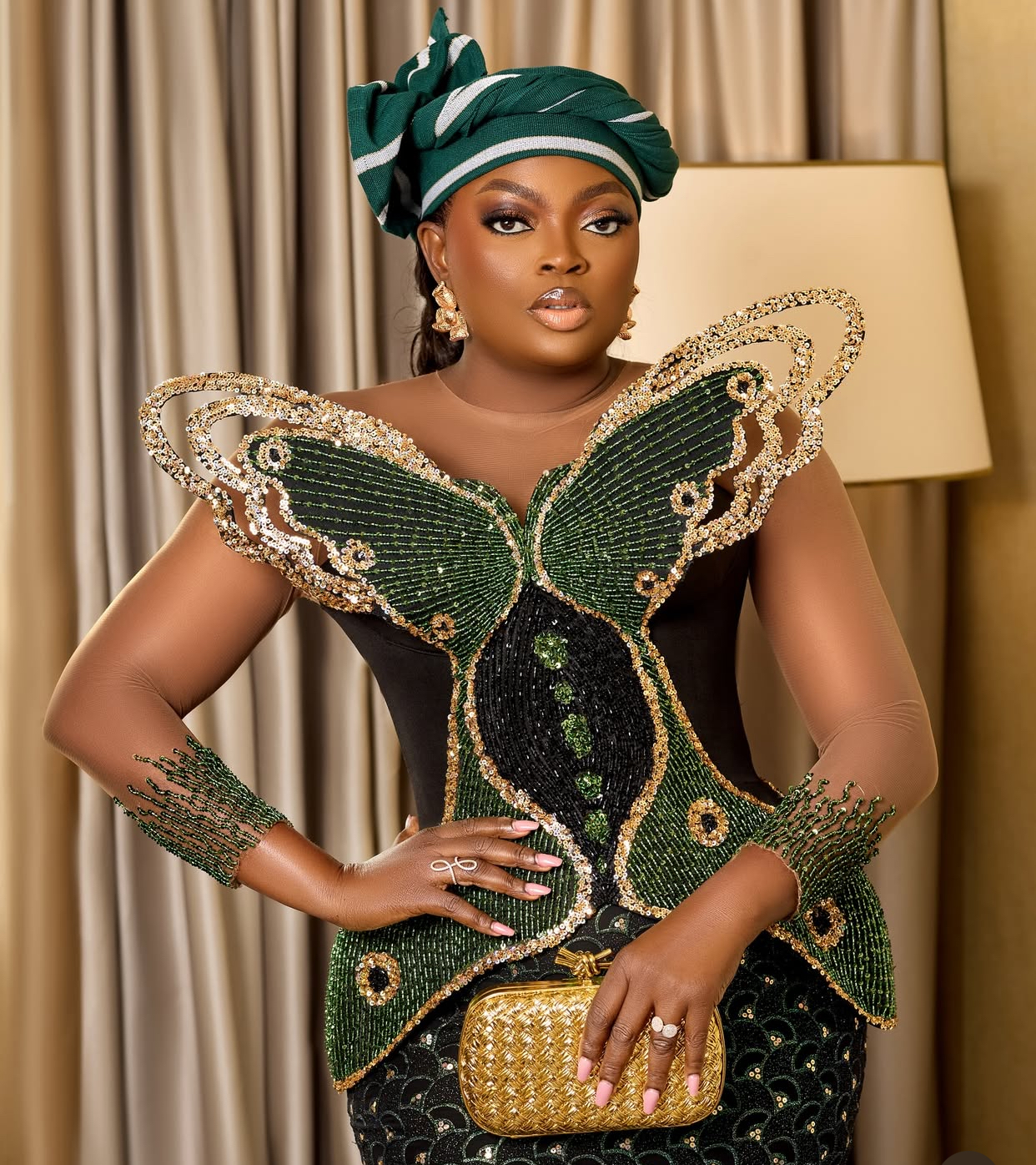
One of the pioneers of this Nollywood-TikTok infusion is Funke Akindele. When she released A Tribe Called Judah, she knew the Nigerian cinema market was tough. Tickets are expensive, and competition is stiff. But she leaned heavily on TikTok skits. Instead of only releasing a traditional trailer, her team worked with influencers to create bite-sized scenes, memes, and even challenges inspired by the film.
The result was mind blowing. The film smashed Nigerian box office records, grossing over ₦1 billion. It wasn’t just the story that pulled people in, it was the ecosystem of skits and short clips that kept the movie in public conversation long after its release. Safe to say many actors followed suit.
Conclusion: Skits as Nollywood’s Secret Weapon
The Nollywood–TikTok crossover is more than a trend. It’s a structural shift in how films are marketed, how stars are discovered, and how audiences engage with stories. Skits are no longer “just jokes.” They’re micro-trailers, marketing campaigns, audition tapes, and memes rolled into one.

